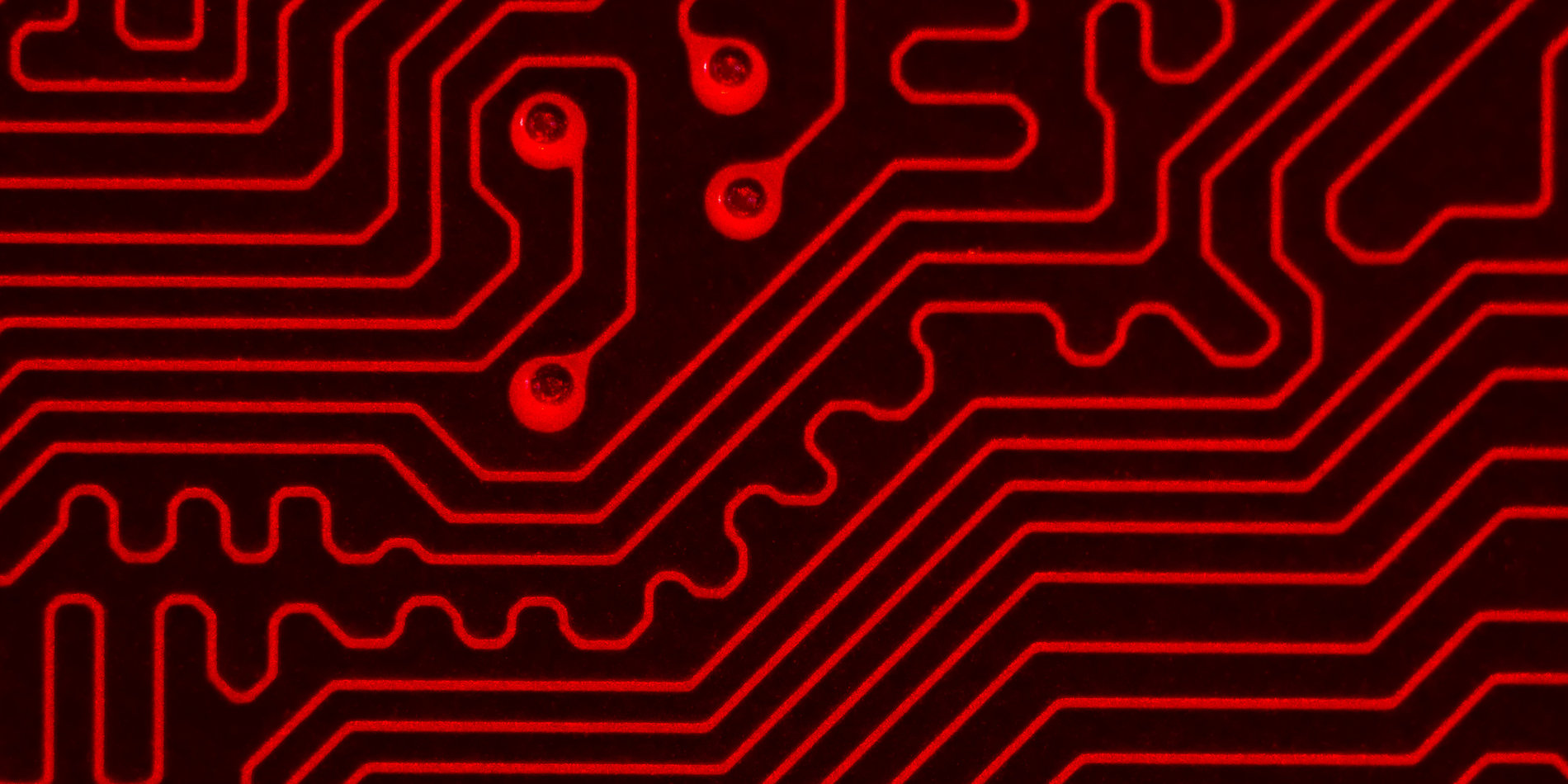Priyanka Raina: How computer chips get speedier through specialization
For decades, the general-purpose central processing unit—the CPU—has been the workhorse of the computer industry. It could handle any task—literally—even if most of those capabilities were unnecessary.
This model was all well and good as chips grew smaller, faster and more efficient by the day, but less so as the pace of progress has slowed, says electrical engineer Priyanka Raina, an expert in chip design. Raina says that, to keep chips on their ever-improving trajectory, chip makers have shifted focus to chips that do specific tasks very well. The graphics processing unit (GPU), which handles the intense mathematics necessary for video and gaming graphics, is a perfect example.
Soon, there’ll be a faster, more efficient chip for every task, but it’ll take industry-wide cooperation to get there, as Raina tells listeners to this episode of Stanford Engineering’s The Future of Everything podcast with host Russ Altman. Listen and subscribe here.



